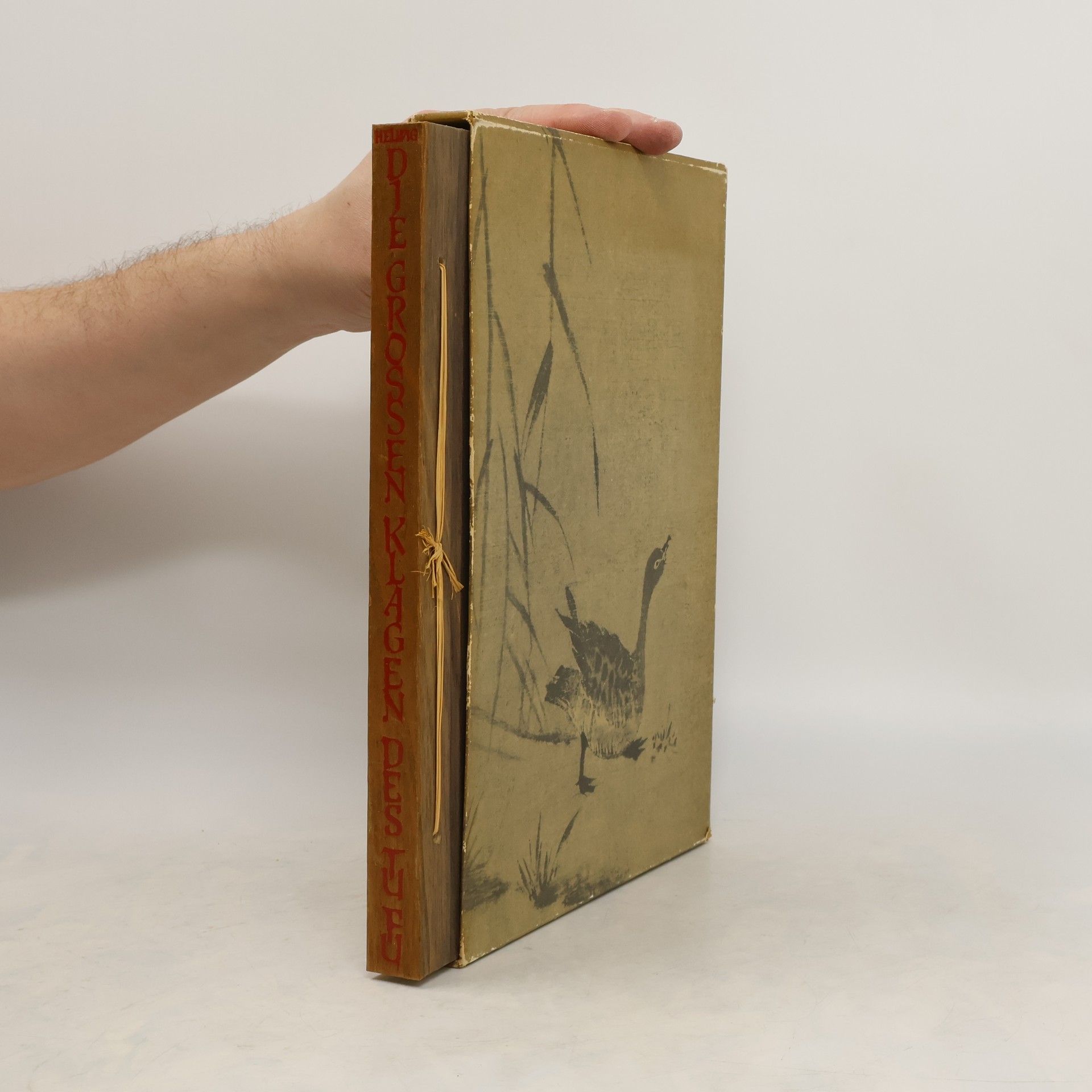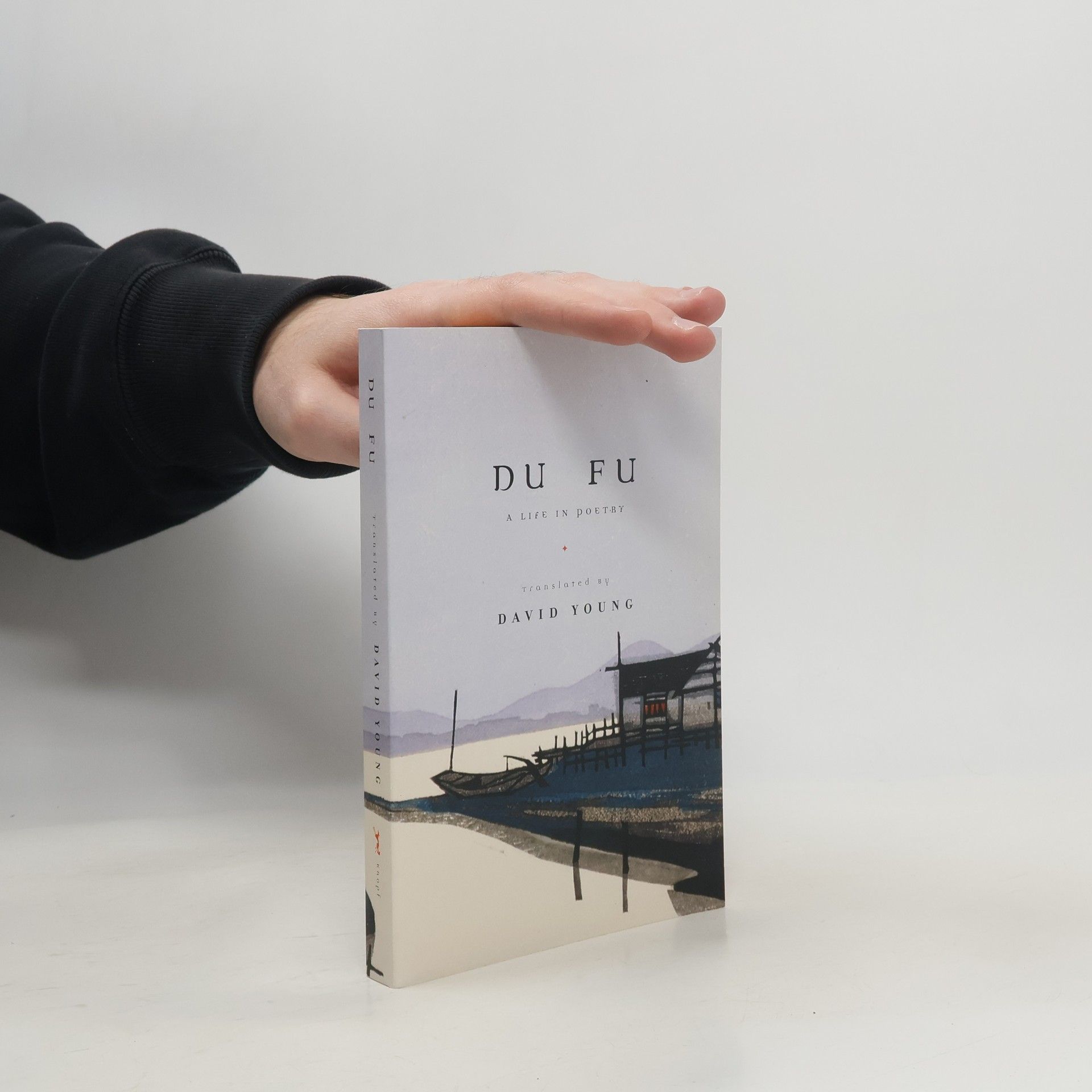The book presents a fresh translation of Du Fu's poetry, showcasing the life and struggles of this celebrated Chinese poet from 712-770. David Young arranges the verses into thematic chapters, each introduced with contextual insights that illuminate the historical and personal circumstances surrounding Du Fu's work. This approach reveals the essence of an extraordinary artist navigating a tumultuous era, highlighting both his humility and the enduring relevance of his poetry.
Tu Fu Livres






V záři měsíce
- 168pages
- 6 heures de lecture
Čínská poesie především dynastie Tchang plná překrásných básnických obrazů v překladech takových básníků jako jsou František Hrubín či Jiří Žáček a vyzdobená 66 celostránkovými ilustracemi Oty Janečka. 168 stran o rozměru 12x16,5 cm, pevná koženková vazba. Tištěno na grafickém papíře. (výběr ze staré čínské poezie v překladech Bohumila Mathesia, Františka Hrubína a Jiřího Žáčka).
Český čtenář s potěšením spočine zrakem na verších patrona čínské poezie Tu Fua ve skvostném přebásnění Jana Vladislava. Tu Fu, který žil v období dynastie Tang (712–770), představuje spolu se svým současníkem Li Poem dva kulminační body čínského básnictví. Jeho mladistvá tvorba je ve znamení nebývale svěžích romantických veršů o přírodě, o víně, o přátelích. Později, pod tlakem doby, kdy Čína trpěla hladem, válkami a bídou a básník strádal na útěku před vzbouřenci, odloučený od rodiny, proměnil se tón i témata jeho poezie, v níž převážila tesknota a chmury v kriticky a protiválečně zaměřených básních.
Stokvetá rieka
- 229pages
- 9 heures de lecture
"V čínskej poézii je tento básnik terminus ad quem - v ňom vrcholí mnohostranný vývoj, ktorým prešla čínska lyrika od ôsmeho storočia pred Kr., a súčasne terminus a quo - nový začiatok a vzor, ktorý ovplyvňuje čínsku poéziu podnes. ... Z Tu Fuovho diela sa nám zachovalo približne 3500 básní, najmenej z jeho mladších rokov, najviac z posledných. ... Môj skromný výber je výsledkom mnohoročného experimentovania, hľadania a častej beznádeje. ... Tu Fua prekladať, to je ako vážiť motýlie krídla." Karol Strmeň